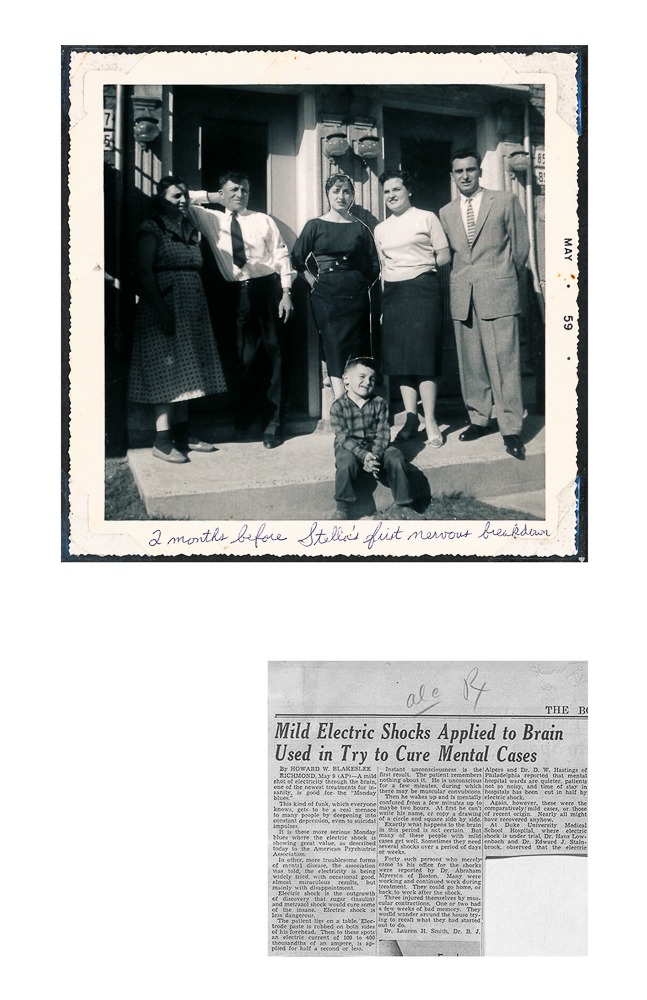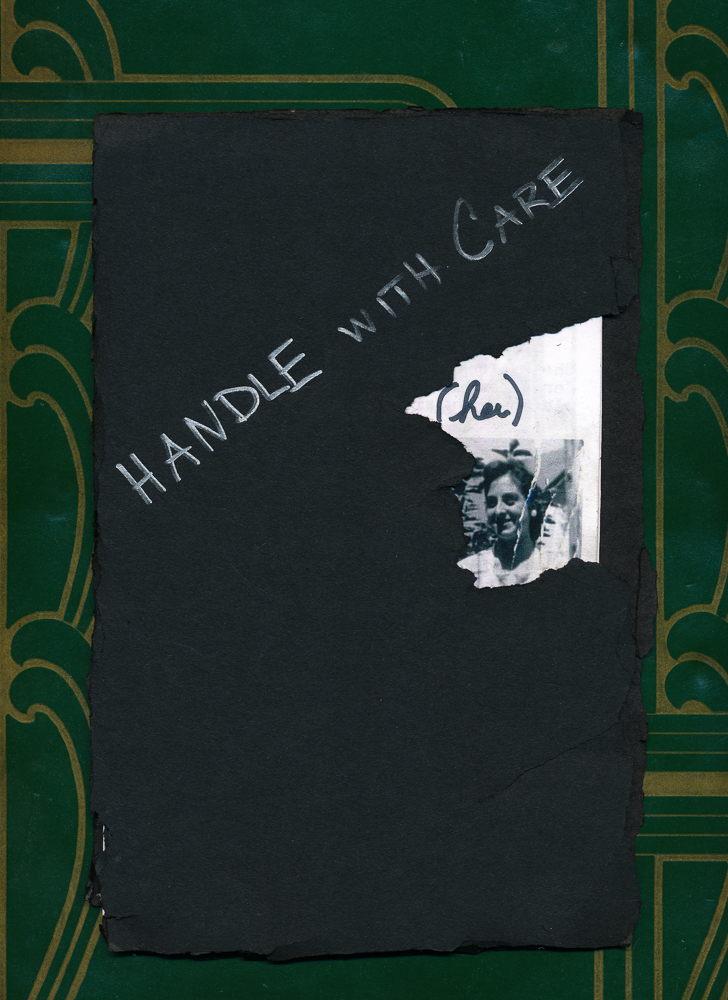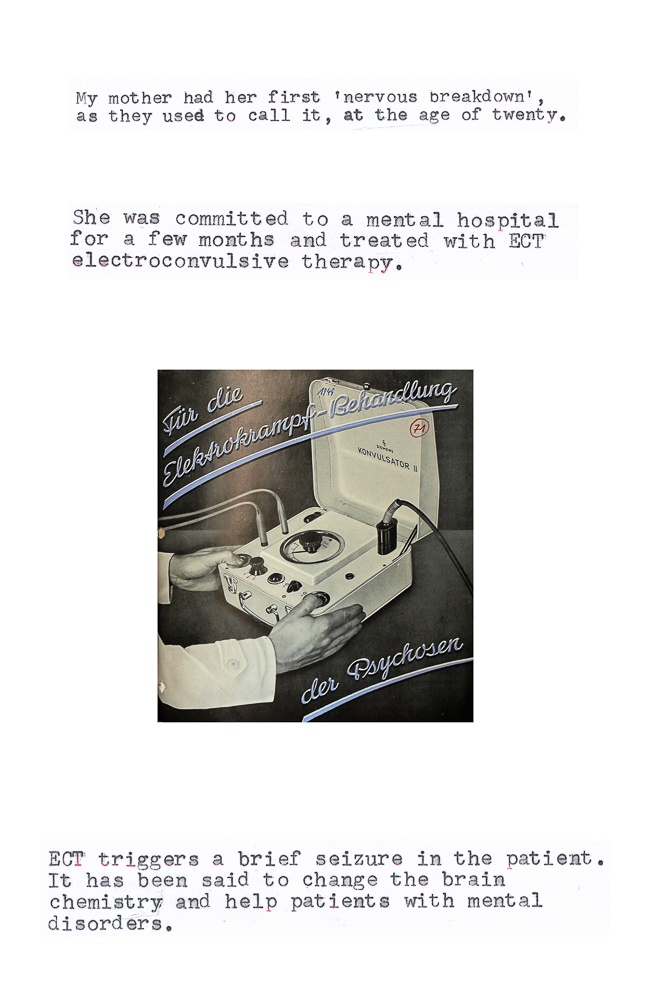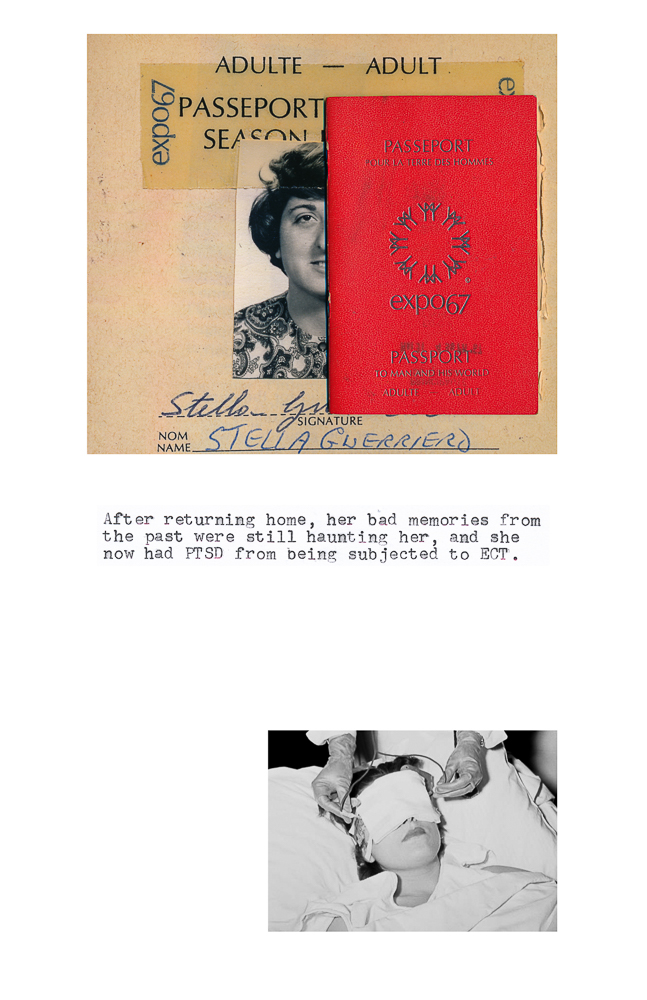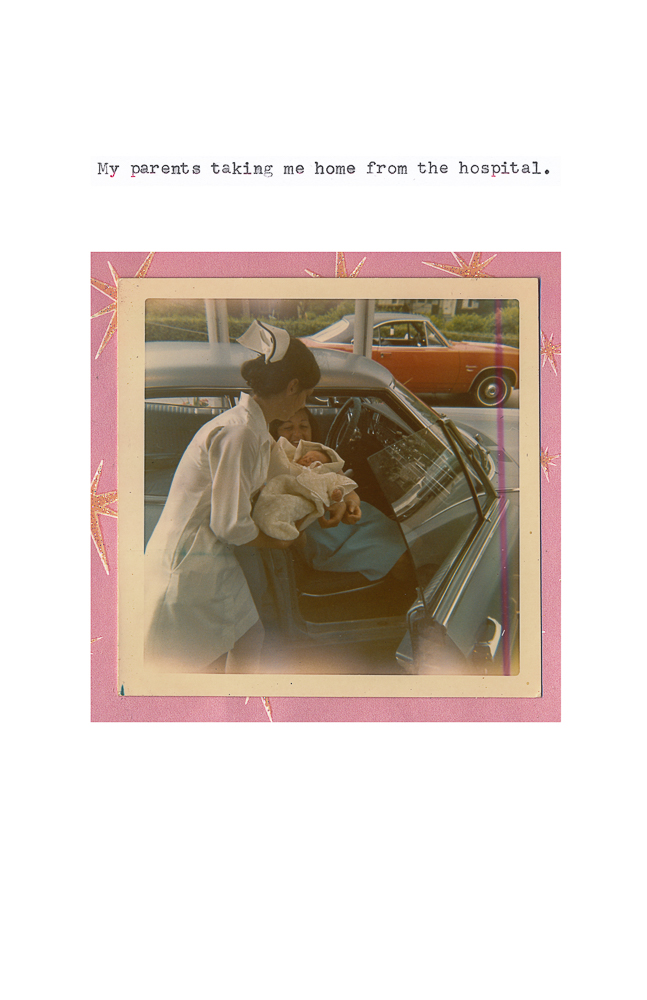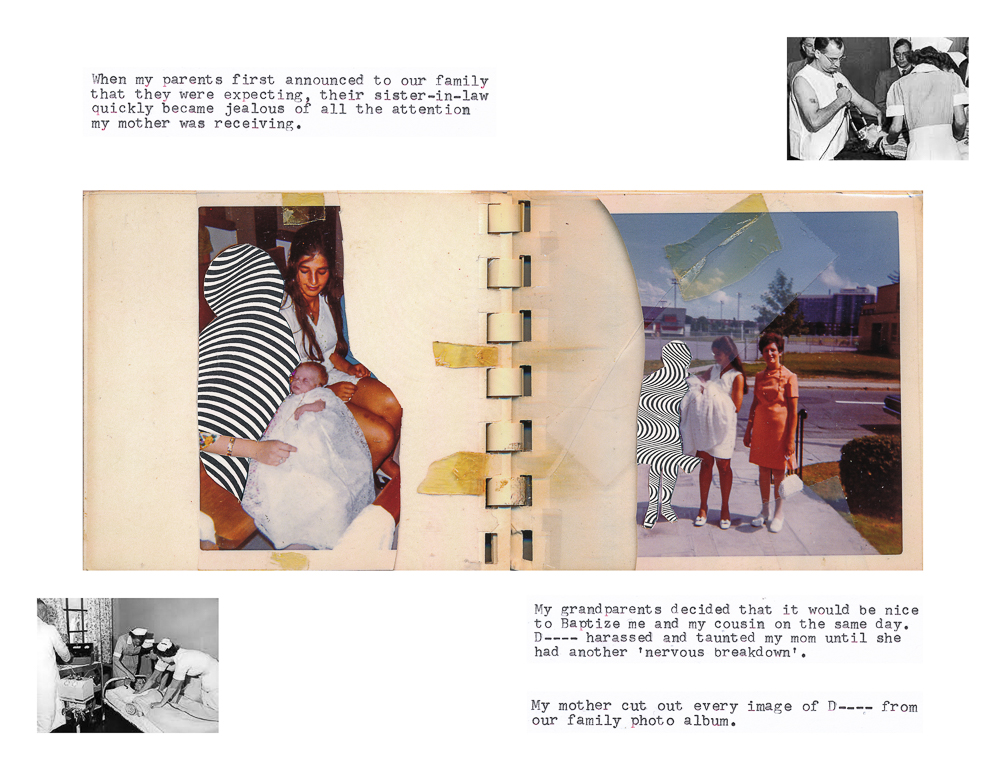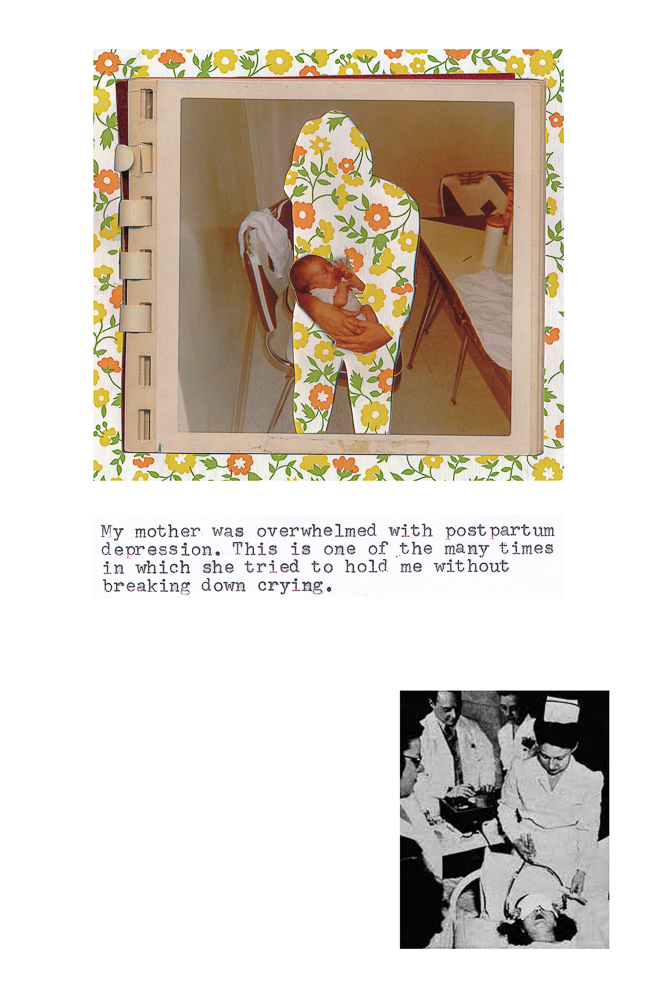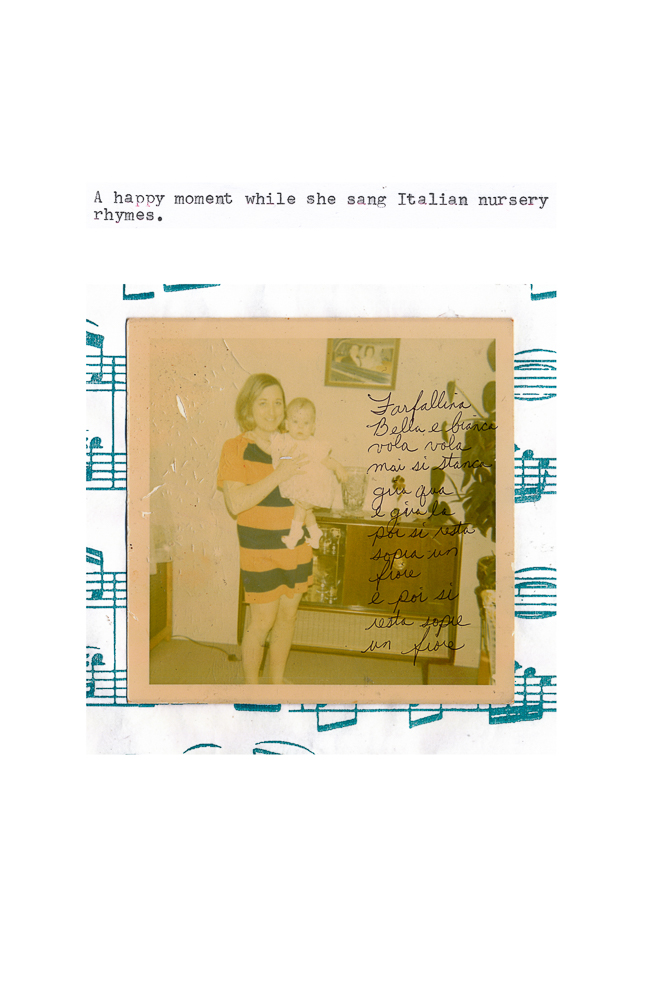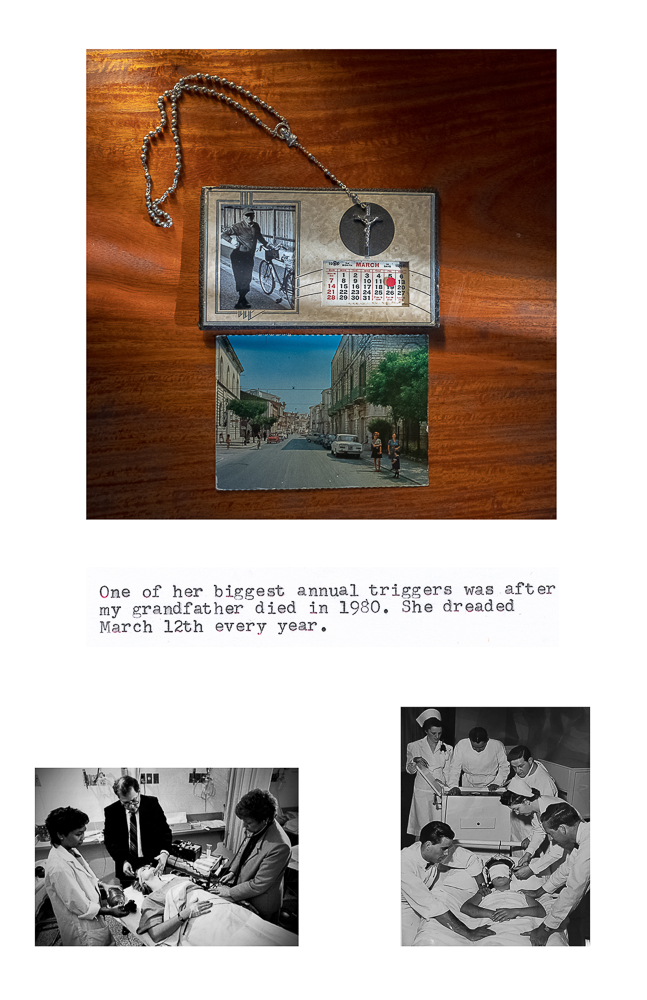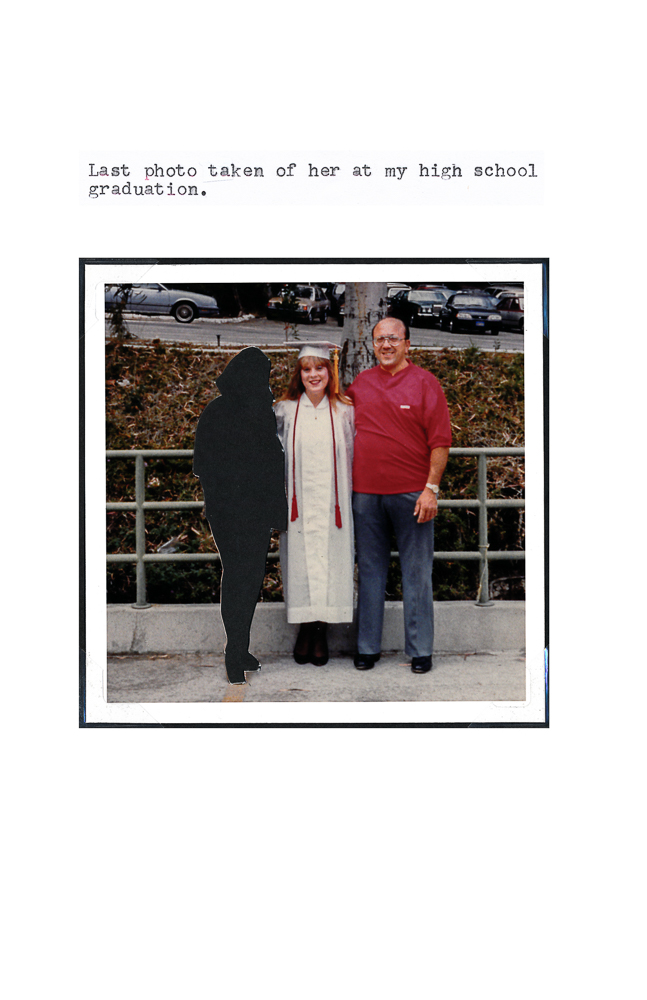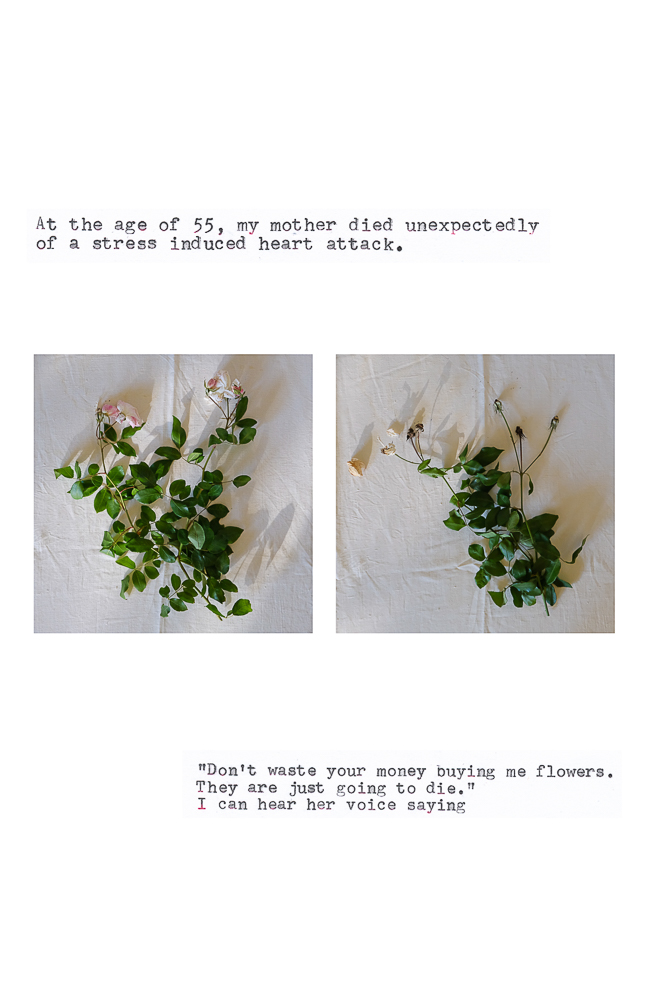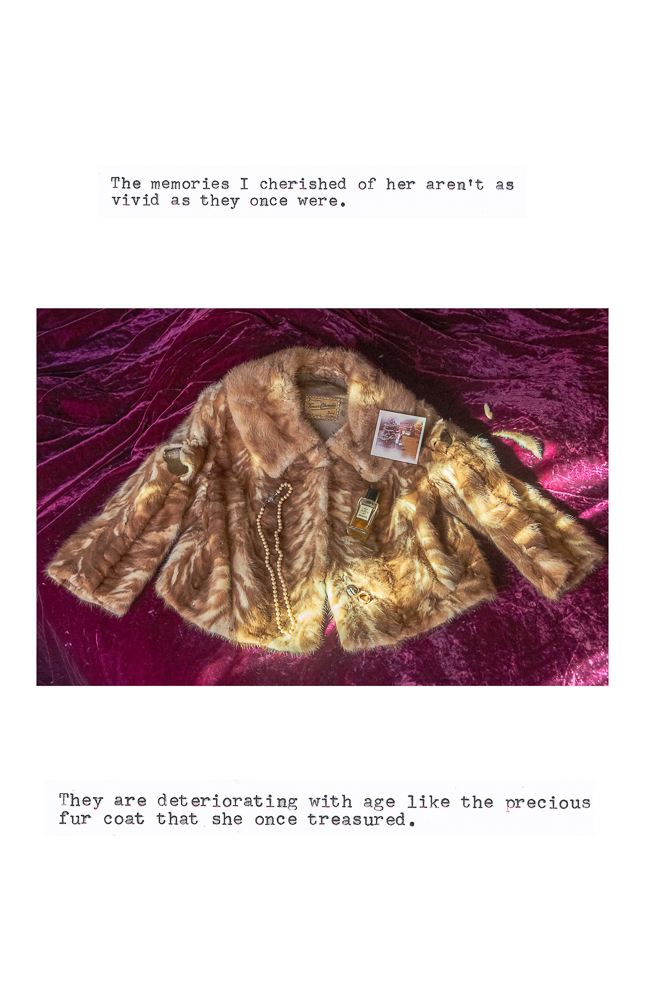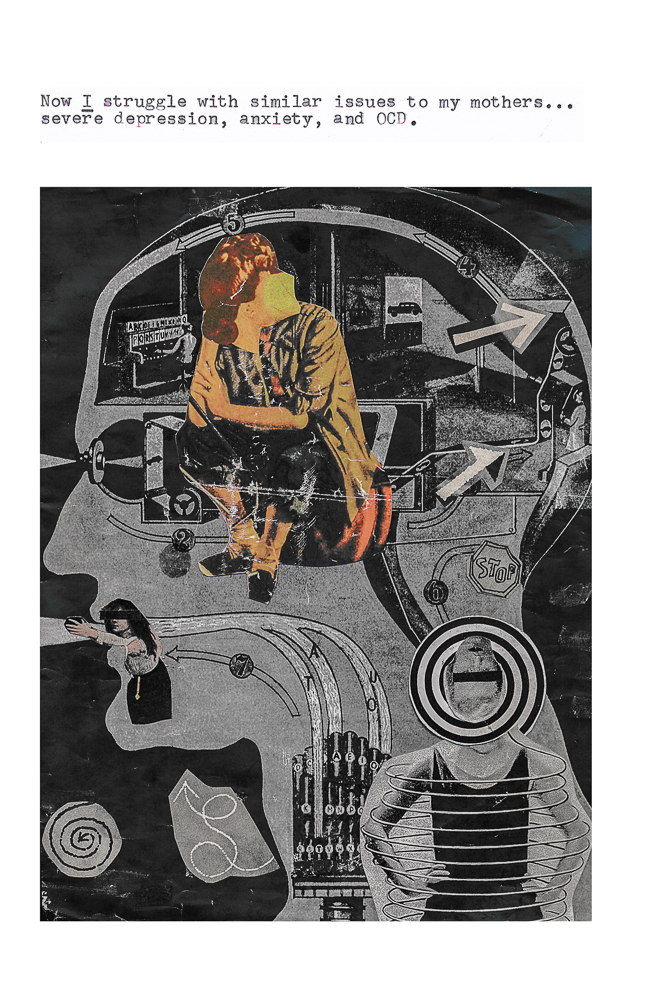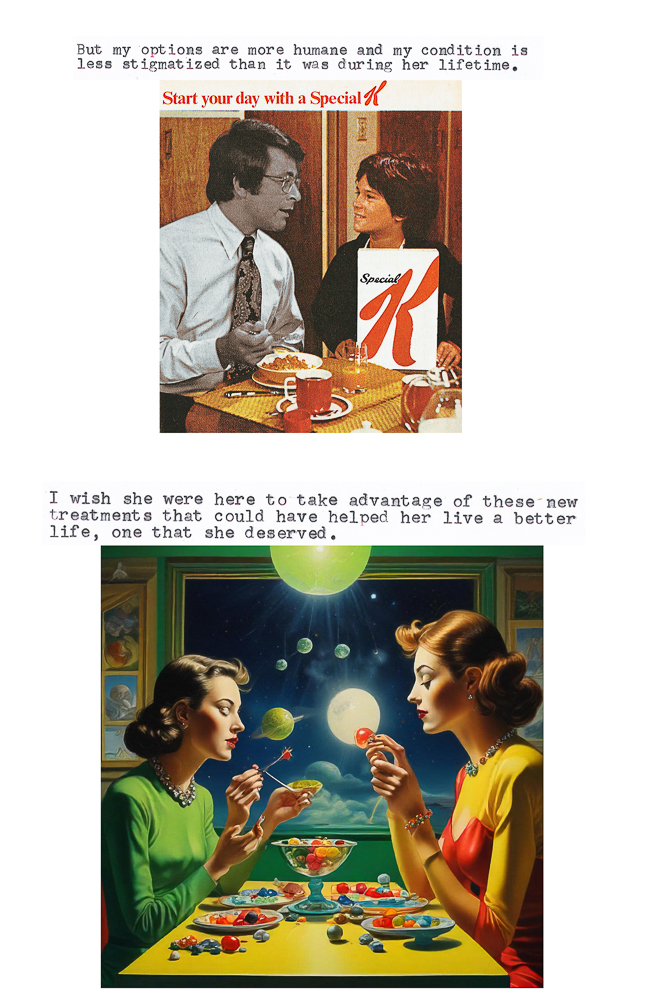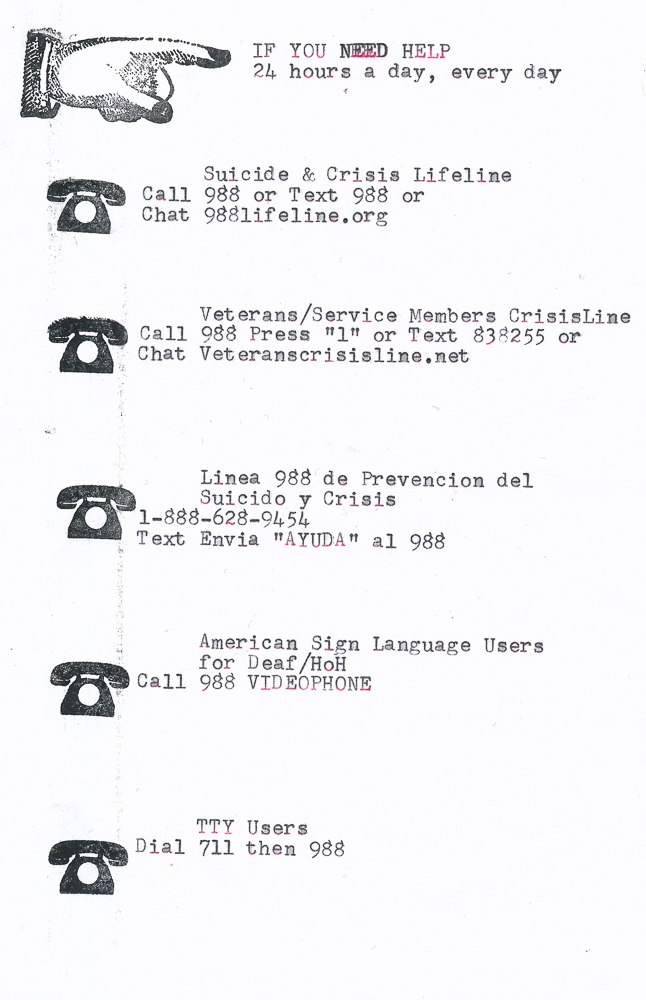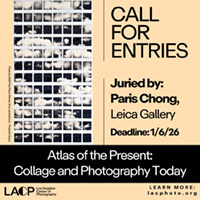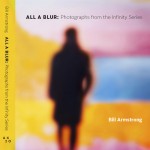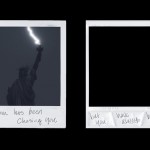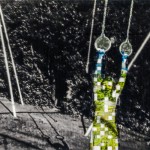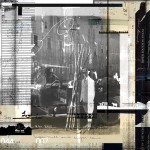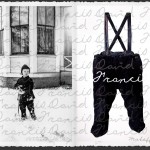Lisa Guerriero: Handle (her) with Care
This week, we will be exploring projects inspired by intimacy and memory. Today, we’ll be looking at Lisa Guerriero’s project Handle (her) with Care.
I believe I first came across Lisa Guerriero’s work with the Too Tired Project, an arts organization advancing mental health advocacy through photography. Lisa’s work exploring these ideas of mental health is poignant and, for me, relatable. Handle (her) with Care seamlessly merges text, images, and found objects in a confessional series. Mental health is an increasingly discussed topic, particularly since the pandemic, but still has a stigma when we discuss our own triggers and trauma. Lisa does a wonderful job of making this complex topic approachable through generational trauma. The tie between mental health issues that are passed on and grief can be a difficult path to navigate. Lisa’s work navigates this path successfully through her personal reflection on her mother’s life and experiences.
Lisa Guerriero grew up in the smoggy suburbs of Los Angeles in the 1970s after emigrating from Canada with her family.
At the age of nineteen, she started working on Motion Pictures as a Camera Assistant. Her credits include Mad Men, Fight Club, Lost Highway, and Mulholland Drive.
Eight years ago, she left that fictional world behind to begin her first personal documentary project.
Passionate about people and their stories, Lisa creates photographs that are sensitive studies of life within communities and subcultures throughout America. Her Americana work has been published in The Guardian, Huffington Post, Wired, Roadtrippers Magazine, and Feature Shoot.
She has exhibited in group shows across the US and Europe.
View the Handle (her) with Care zine in its entirety.
Follow Lisa on Instagram at: @analogstreets
Epiphany Knedler: How did your project come about?
Lisa Guerriero: The ‘Handle (her) with Care’ project emerged from a personal journey with mental health struggles. It started in 2018 when I began openly discussing my experiences with depression and anxiety. It gained momentum when I was interviewed by the Huffington Post as part of The Too Tired Project, where I was asked to contribute photos illustrating life with depression. This sparked the idea to find a way to honor my mother’s story and convey the emotional weight of her journey with mental illness. Last year I transformed the project into a zine in order to make it more accessible to viewers.
EK: What relationship does memory or intimacy play within your practice, and does photography become a way to navigate these complex topics?
LG: Photography is a tool that I find to be both cathartic and empowering. It allows me to confront and explore complex emotions and memories at my own pace, while also providing a means of communication and connection with others who may resonate with my work.
EK: Is there a specific image that is your favorite or particularly meaningful to this series?
LG: The image of my mother holding me in her arms and singing holds a deeply personal significance. The joy and tenderness in that moment are palpable, which is what makes it my favorite from the series. I can still recall the words of the Italian nursery rhyme she sang to me.
EK: Can you tell us about your artistic practice?
LG: The first draft of this project started with finding the original photographs of my mother and mounting them into a vintage photo album with pages made of black construction paper. Later I came to find scraps of wallpaper at thrift stores that resembled those on the walls of my childhood home, deciding to use them as layers behind the images I cut out of her when she was struggling the most and wasn’t able to be herself.
As I pulled out her vintage fur coat from the closet one day I noticed how it was deteriorating. I photographed it to serve as a tangible reminder of her past and the passage of time.
The two images that are found at the end of the project come from very different places. The first a 1960s magazine advertisement for Special K, which is the street name for Ketamine, the drug used in clinical treatments to help with depression and anxiety. A treatment that I myself started with my physician in 2024. The ad is juxtaposed with the AI-generated image of an idyllic future of me and my mother.
When the zine was constructed, I tore out pages of the photo album to use as the cover. Now every time someone holds the zine the delicate black paper bends, breaks, and deteriorates a little bit more. A metaphor for the fragility of my mother, memory and the impermanence of physical objects.
EK: What’s next for you?
LG: Currently I’m in the process of applying for photography grants to begin a project about Trieste, Italy’s public mental health program that is renowned for its innovative and successful approach of treating residents with various degrees of mental illness since the 1980s.
Epiphany Knedler is an interdisciplinary artist + educator exploring the ways we engage with history. She graduated from the University of South Dakota with a BFA in Studio Art and a BA in Political Science and completed her MFA in Studio Art at East Carolina University. She is based in Aberdeen, South Dakota, serving as a Lecturer of Art and the co-curator for the art collective Midwest Nice Art. Her work has been exhibited in the New York Times, Vermont Center for Photography, Lenscratch, Dek Unu Arts, and awarded through the Lucie Foundation, F-Stop Magazine, and Photolucida Critical Mass.
Follow Epiphany Knedler on Instagram: @epiphanysk
Posts on Lenscratch may not be reproduced without the permission of the Lenscratch staff and the photographer.
Recommended
-
Time Travelers: Photographs from the Gayle Greenhill Collection at MOMADecember 28th, 2025
-
Photography Educator: Juan OrrantiaDecember 19th, 2025
-
Bill Armstrong: All A Blur: Photographs from the Infinity SeriesNovember 17th, 2025
-
Rebecca Sexton Larson: The PorchApril 28th, 2025
-
Matthew Cronin: DwellingApril 9th, 2025

